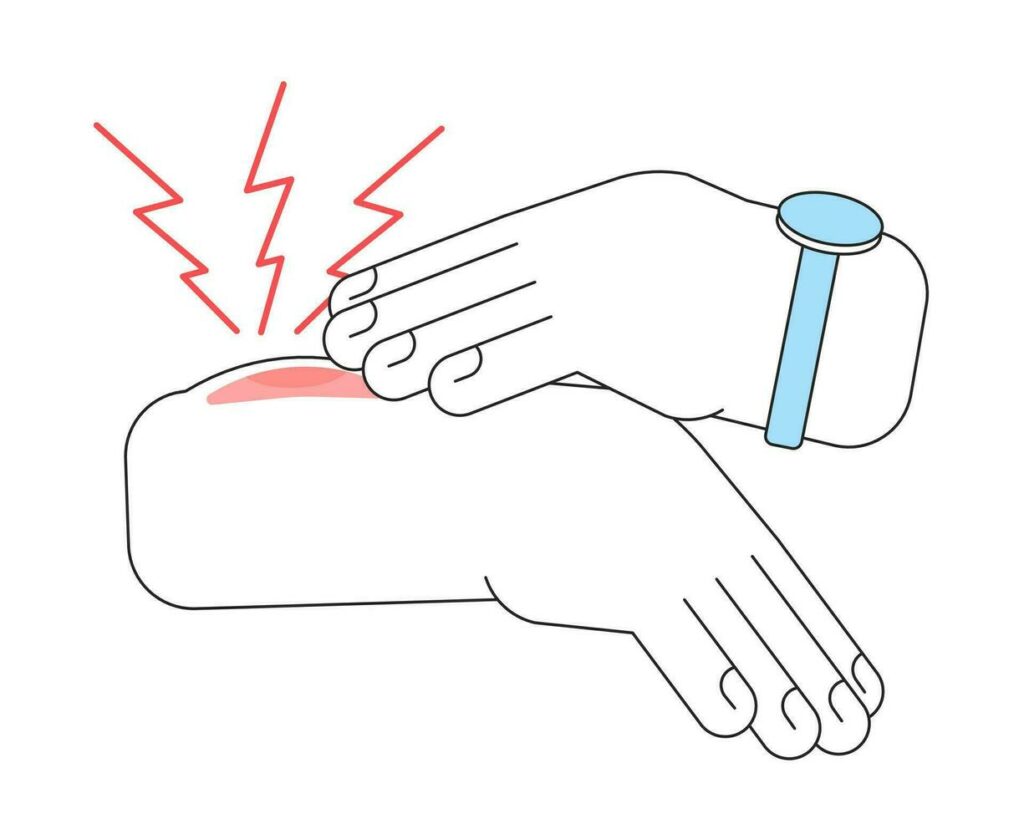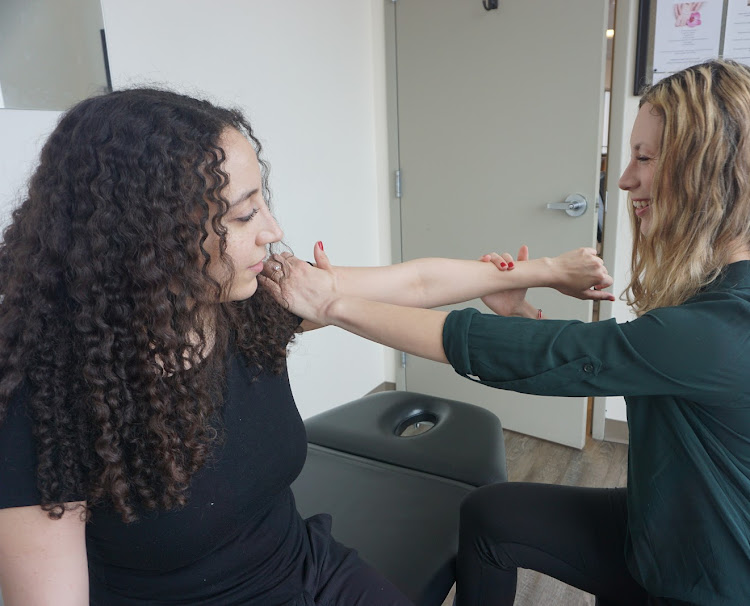
Are you familiar with the term contusion? A contusion is the medical term for a bruise. Muscle contusions are a result of direct impact or trauma to the area. The most common sites for this to occur are the thighs, knees, arms, or calves. This direct impact leads to muscle bleeding and fiber damage which is what causes the swollen and reddish-purple bruise appearance. Contusions can occur from any form of contact sport, rough play, falls, or accidents where the body bangs into a hard object. Muscle contusions are different from muscle strains, which usually occur from sudden fast movements or overworking a muscle more than it’s used to.
Contusions are graded by their severity as Grade 1, 2 or 3.
Grade 1 contusions produce minimal pain and swelling. You may feel some soreness and stiffness with movement, but your range of motion is likely unaffected.
Grade 2 contusions will likely have more consistent pain and swelling may be present. You may not be able to walk or move normally without experiencing pain. Your range of motion may be decreased.
Grade 3 contusions are the most severe. Pain with any small movement will be present and significant swelling will occur. You may need to use crutches to help you walk. Strength and range of motion are significantly impacted.

After a contusion, a physiotherapist can provide you with education on how to properly care for your injury and promote healing at home. Physiotherapy can also help restore your range of motion and strength to the affected area through movement and exercises. For more severe contusions, manual therapy can gently mobilize the muscle and surrounding tissue to promote blood flow and good alignment of the healing muscle fibers.
If you have experienced a muscle contusion, schedule an assessment here and one of our physiotherapists will be happy to assist you.
